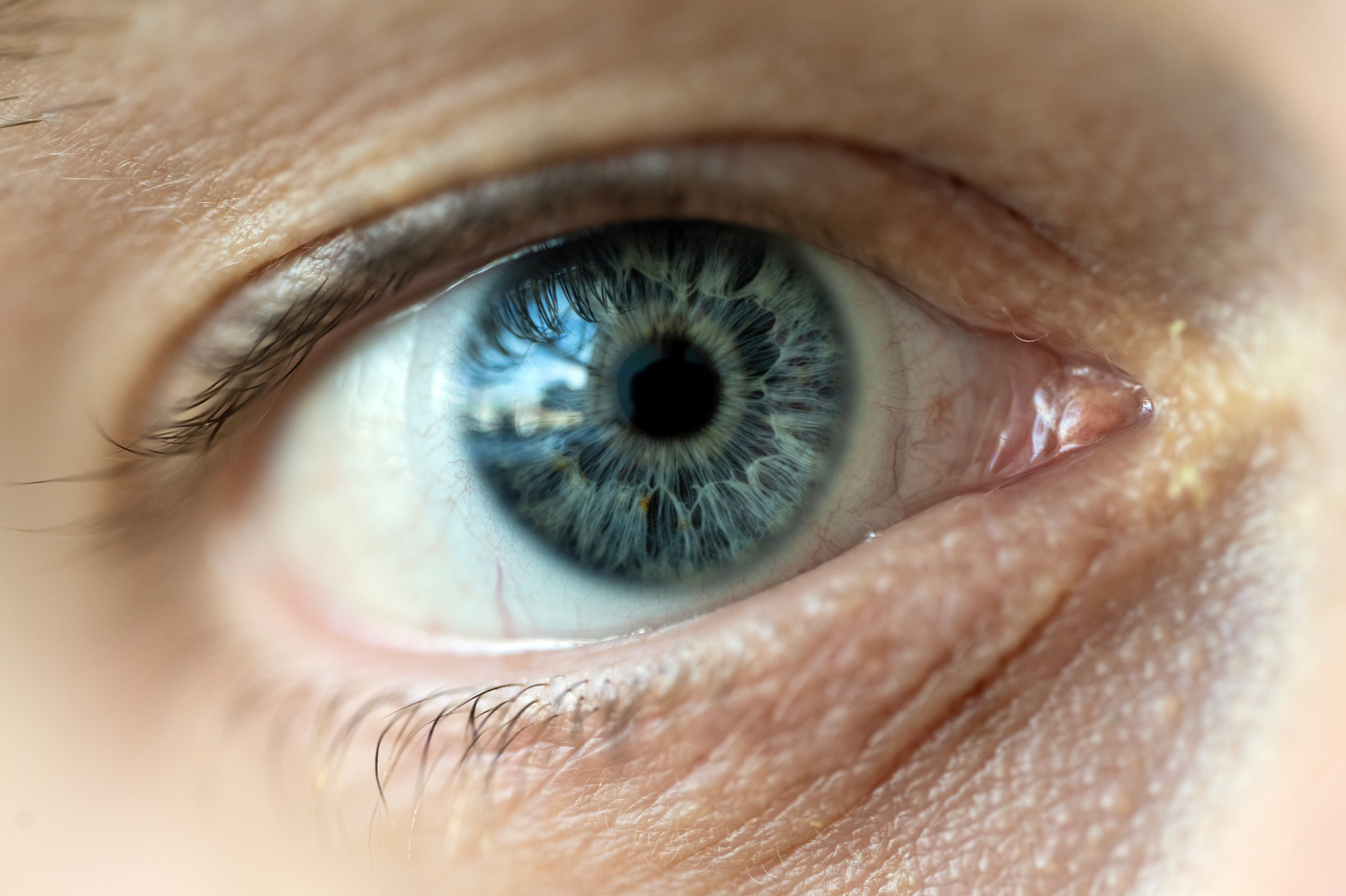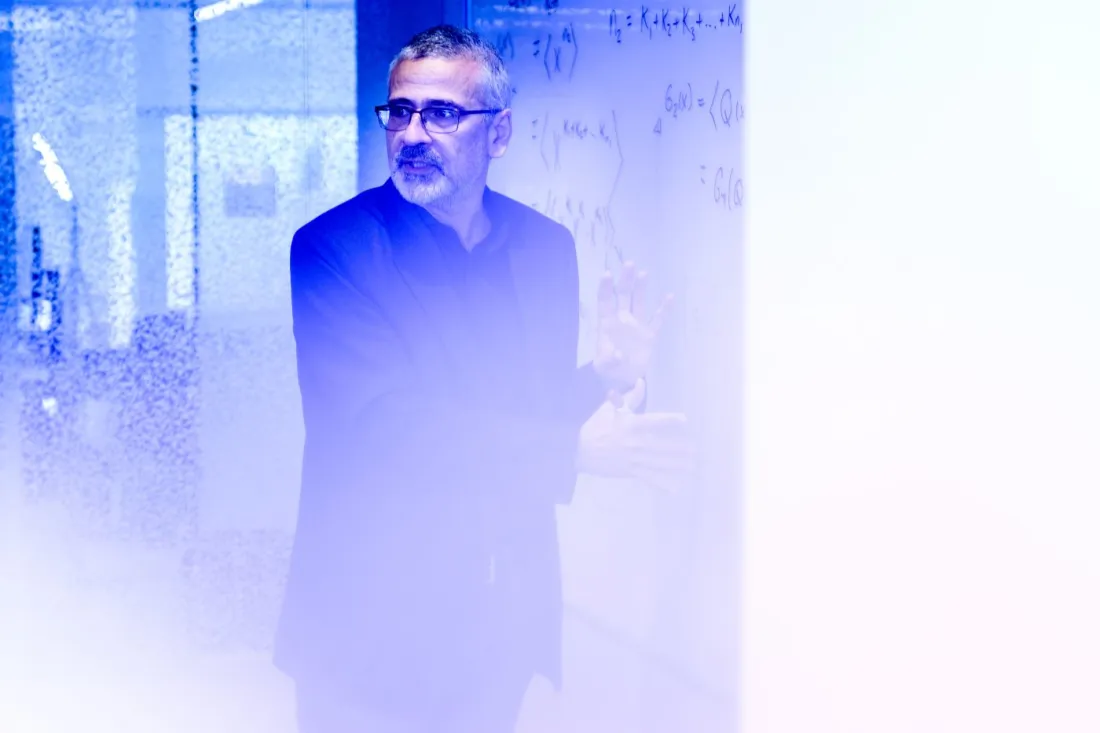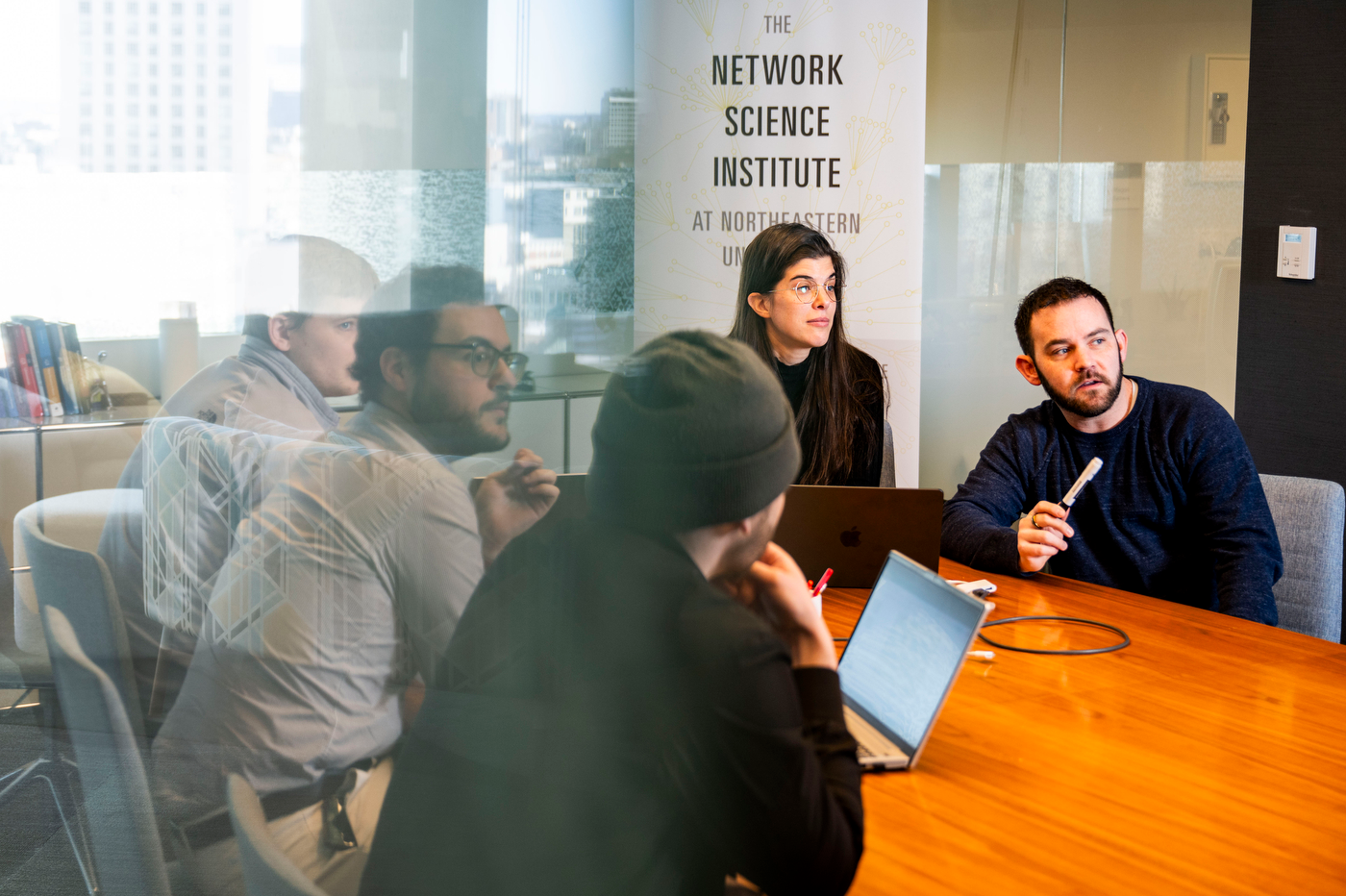Central vision loss from macular degeneration affects millions of people, mainly older adults.
So why is a Northeastern researcher and colleagues simulating vision loss in young and healthy people with nearly perfect eyesight?
Professor Aaron Seitz says the idea is that training young adults with excellent vision in how to use their peripheral vision can establish a working model to help people who actually experience central vision loss compensate for their disability.
There currently is no “gold standard” for rehabilitation services for people with macular degeneration, according to a paper in Jove, the Journal of Visualized Experiments, co-authored by Seitz, a professor of physical therapy, human movement and rehabilitation sciences.
“A growing body of research” is using guided eye tracking and other measures to simulate central vision loss in individuals with intact vision to develop frameworks on which to train people with vision impairment, the study says.
Read more at Northeastern Global News









